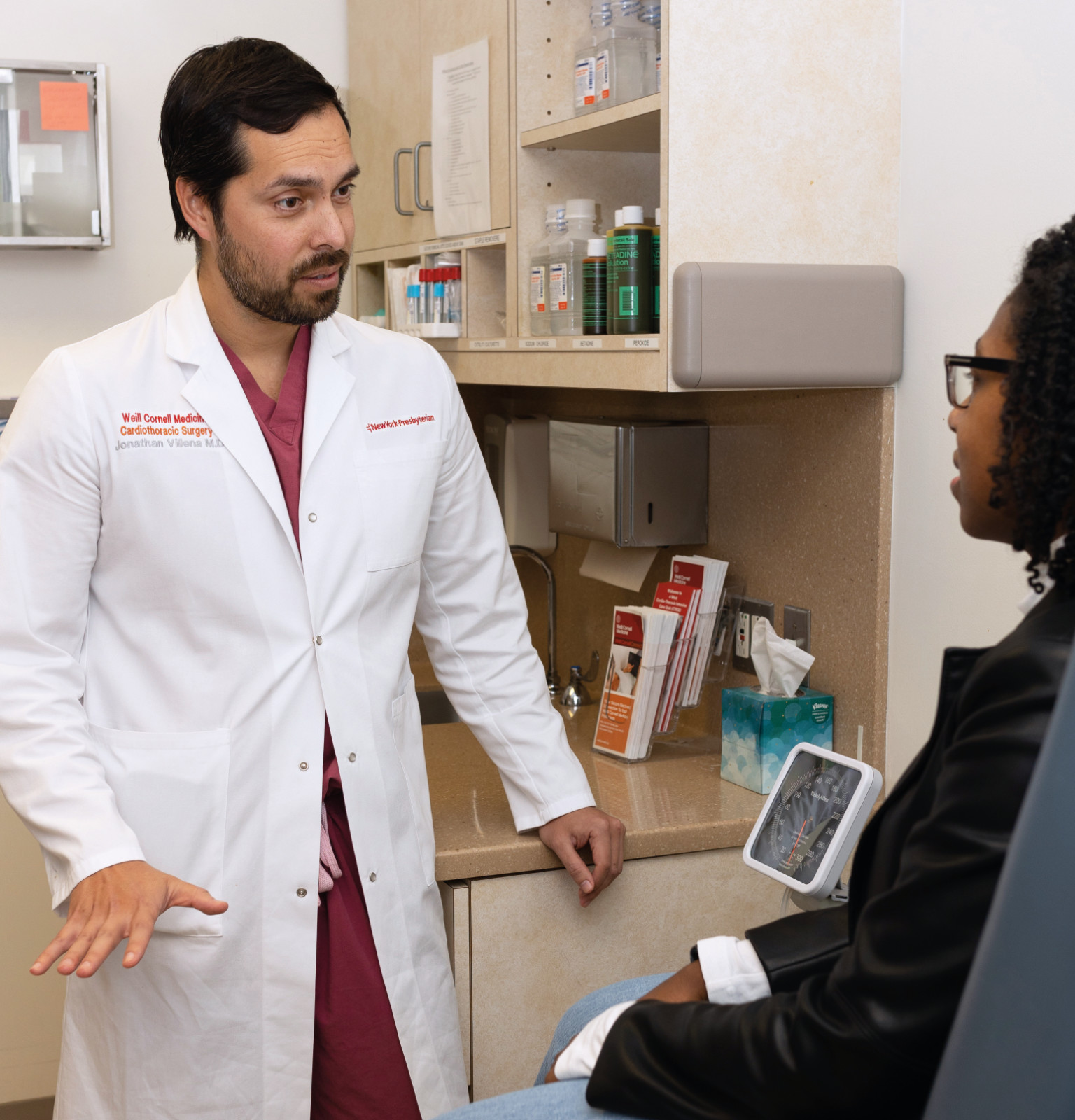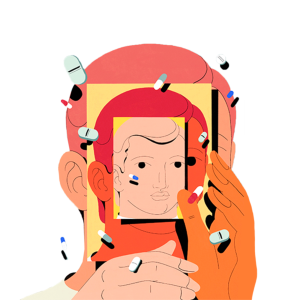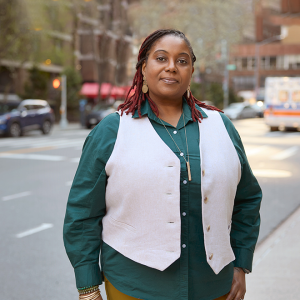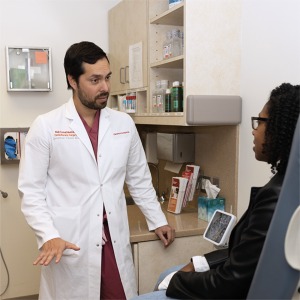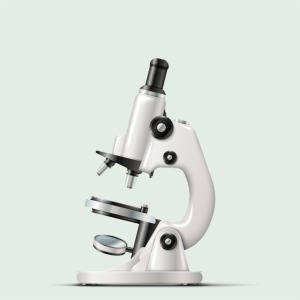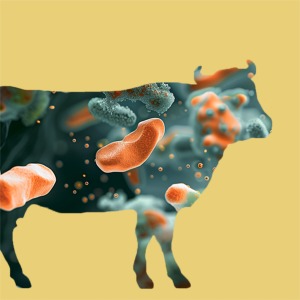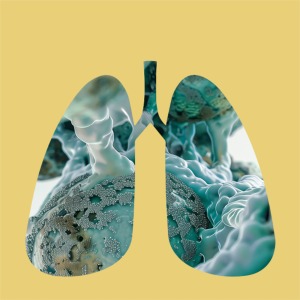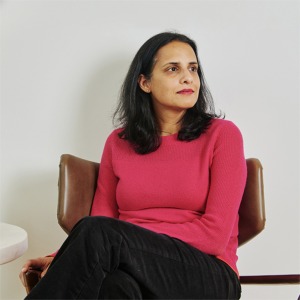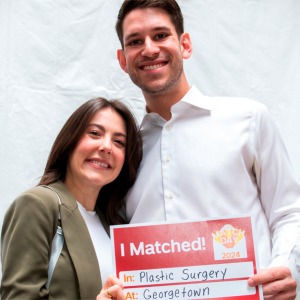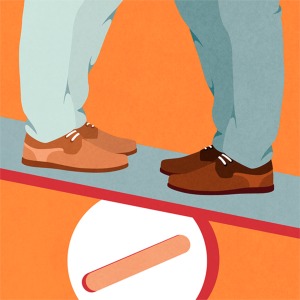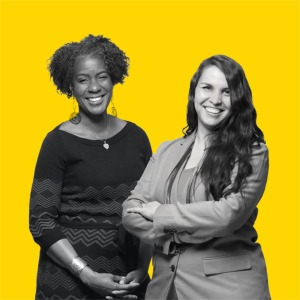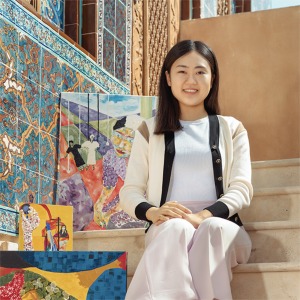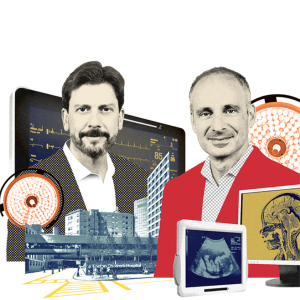The timing was especially difficult for Best, whose stepfather was also battling cancer. “I really didn’t want to have the surgery, and in fact, the day before I was scheduled, I asked if I could delay it. Dr. Villena explained that doing so would be ‘kicking the can down the road on your health,’” says Best. “He convinced me that acting quickly was the best bet.”
In May 2023, Dr. Villena performed robot-assisted surgery. There was difficult news at first: Best had minimally invasive adenocarcinoma, an early-stage lung cancer that is almost always without symptoms in the early stage. But two weeks later, after the testing of her lymph nodes was complete, there was good news: the cancer had not spread. With surgery behind her, Best won’t need further treatment. She will have annual scans, but she should be among the over 99% of patients with the disease who are cancer-free after five years, Dr. Villena says.
Today, Best is grateful that her team of doctors pushed her to take action. “What would have happened if my cardiologist didn’t take my concerns seriously, or if I hadn’t trusted Dr. Villena?” she says. “Lung cancer doesn't only happen to smokers or older persons. It can affect anyone.”
Photo: Julia Xanthos Liddy
